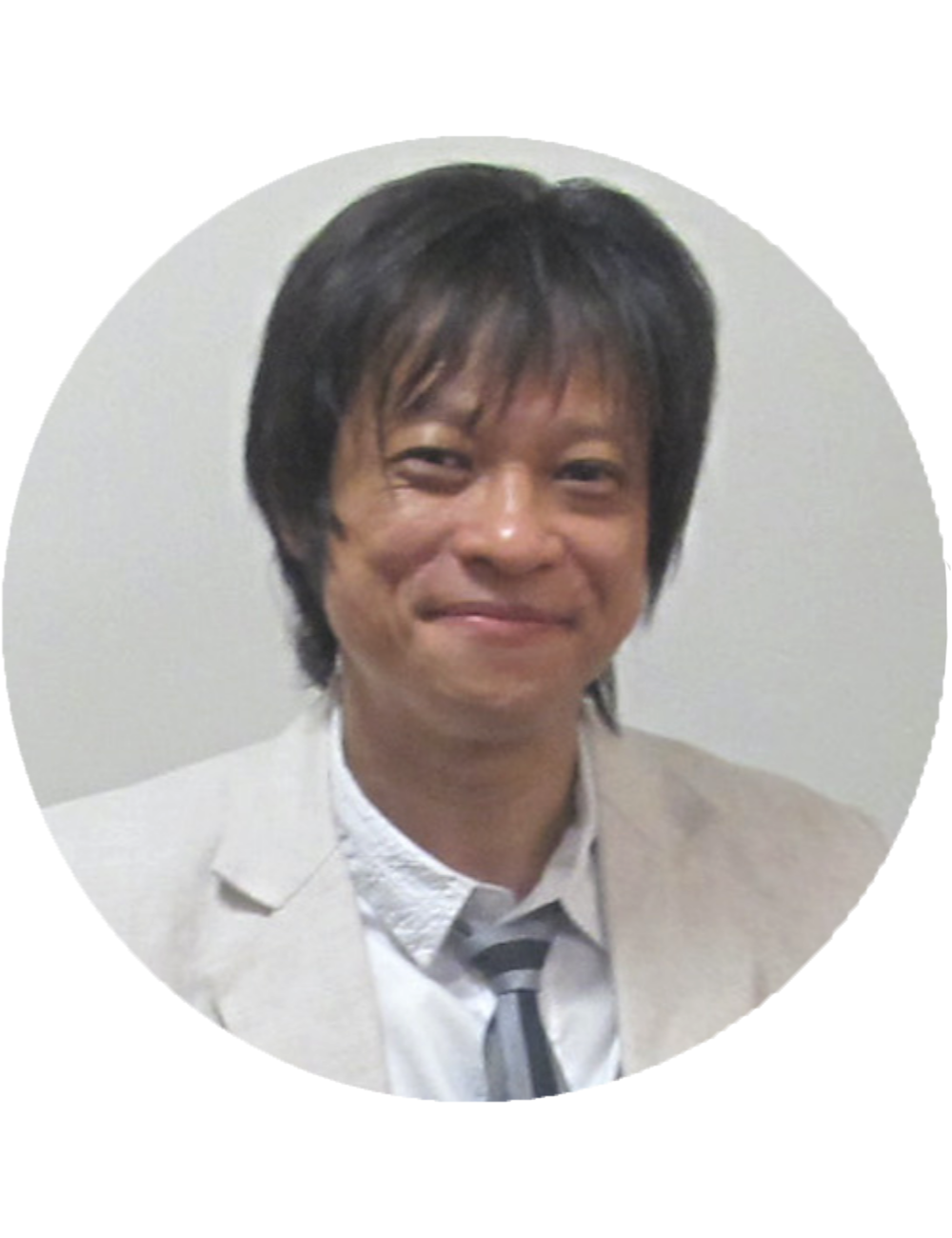Equity, Diversity, Inclusion, Well-being, and Belonging in Education across the Disciplines


Special Issue Information
Dear colleagues,
Inclusive education aims to create equity in educational settings for all students and educators, regardless of the challenges they may experience. In inclusive education, pedagogy, resources, and curricula are accessible to all learners, instruction is innovative and differentiated, teachers ensure that the diverse community of learners feels welcome and valued, and the individual learners receive vital support to develop their inborn and new talents and successfully achieve their goals.
This special issue is an opportunity for discussing key issues and current trends in promoting inclusive education at all levels of education, regardless of disciplines and kinds of institutes.
The issue hopes to bring together a diverse audience comprising academics, teacher educators, teacher-researchers, researchers, policymakers, and materials developers, who are keen on promoting and utilizing theory, research, and practice to make education more equitable, attractive, practical, inclusive, and innovative.
The aims of the special issue are as follows:
To offer a deeper understanding of diversity and inclusivity in education and the benefits and challenges they bring to the teaching-learning process.
To create a forum for sharing current and innovative practices that promote diversity and inclusivity in education
To reflect on current courses of study and the extent to which they integrate the constructs of diversity and inclusivity into their curricula and suggest improvements if need be.
To promote interdisciplinary research of particular relevance to diversity and inclusivity in education and, more specifically, to enable teacher-researchers to present their empirical findings about specific pedagogical questions they have investigated and academic researchers to not only showcase their findings but also enter into a dialogue about the implications of their studies for classroom practice.
To enable researchers and research scholars to exchange their experiences, discuss challenges, and promote new approaches to researching diversity and inclusivity in education.
You are invited to submit a research article on equity, diversity, inclusion, well-being, and belonging in education in and across many disciplines.
Your article may include, but not limited to, the following topics:
the teaching, learning, or voices of students from marginalized/minoritized groups
the teaching, learning, or voices of students with special educational needs
students'or teachers' unique experiences, voices, strategies, and behaviors
teacher experiences and reflections on enhanced support for student learning
current educational policies that promote diversity, inclusivity, equity, well-being, and belonging
inclusive curriculum, pedagogy, and assessment
assistive technologies, accessible resources, and diverse instructional materials in ways that are not commonly addressed before
critical pedagogy as connected to diversity and inclusivity
parental/family engagement with schools to promote inclusion
identity, gender, and equality
equity in the classroom and equitable pedagogy
respect for diversity and a sense of belonging in educational settings
student/teacher well-being and belonging
teacher beliefs, attitudes, and practices concerning diversity and inclusivity
teacher education and continuing professional development with diversity and inclusivity in mind
Dr. Dat Bao
Dr. Jennifer Yphantides
Dr. Gary Bonar
Guest Editors









